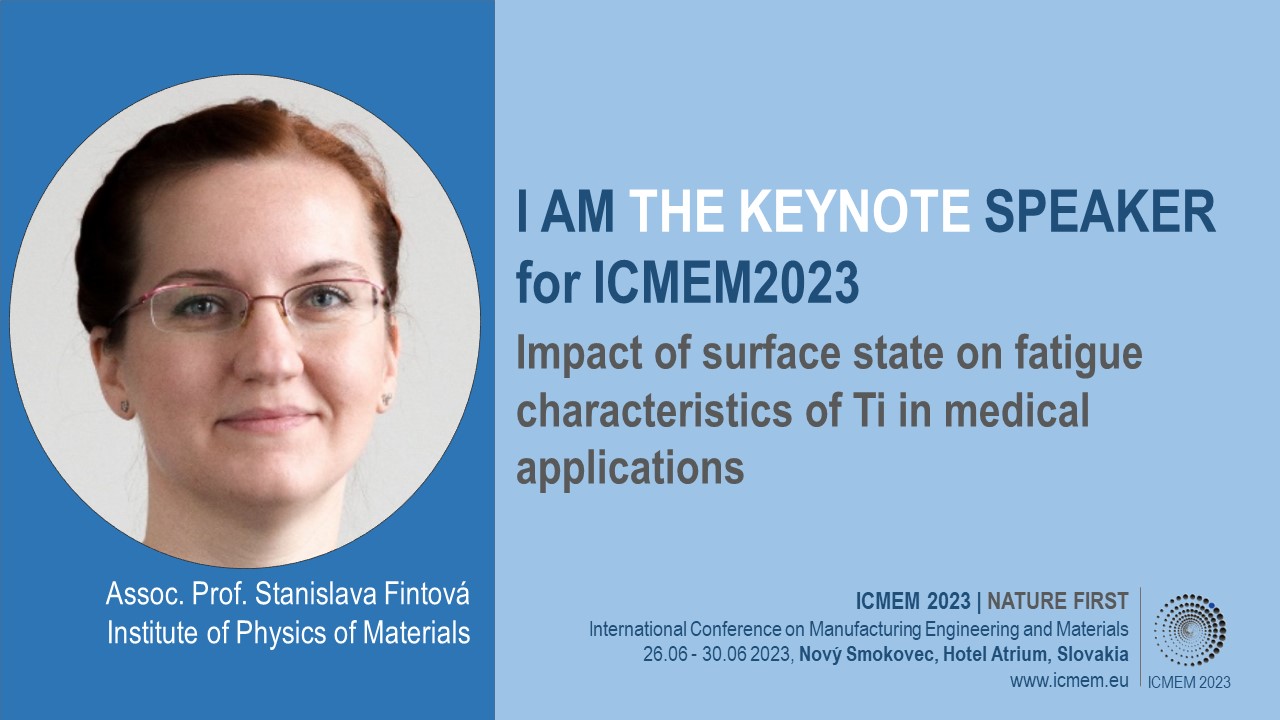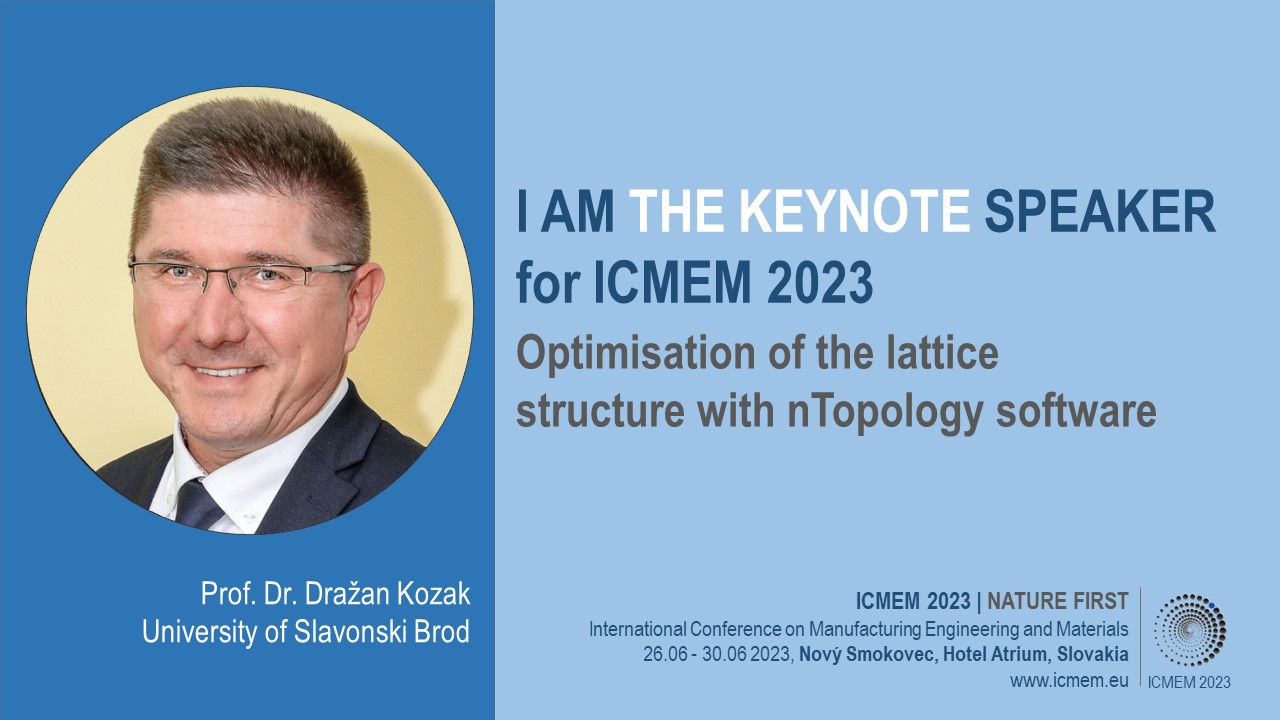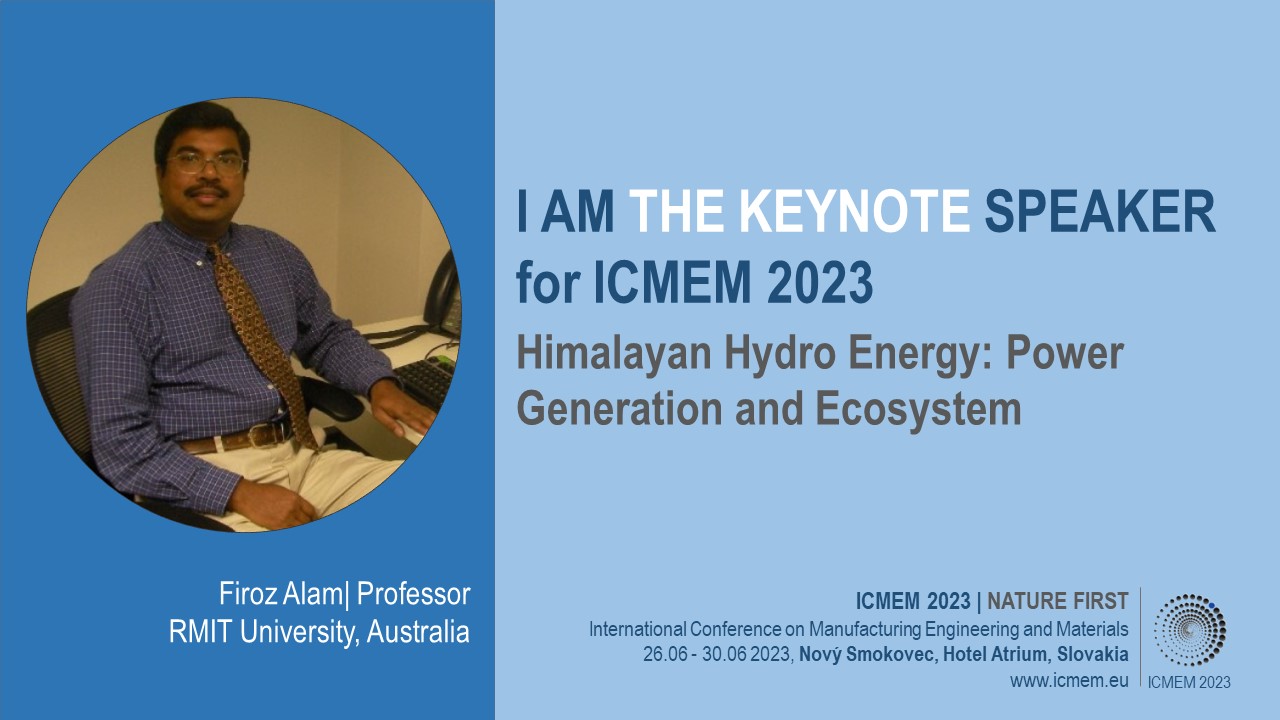Keynotes
Dr. Jan-Arne Gewert as Entrepreneur of the Year and successful Managing Director of mid-size enterprises, Dr. Jan-Arne Gewert has many years of practical experience in business. Since 2015 he consults managers in economy and research in questions of business as well as strategy development. He is a member of the Federal Association of German Management Consultants and Ambassador of the Global-Ethic Institute. As a lecturer in general management, he passes on his knowledge to students at universities of applied sciences in Germany and Switzerland.

Stanislava Fintová is associate professor at Institute of Physics of Materials Czech Academy of Sciences, Czech Republic. She finished her master's and Ph.D. degrees at the University of Žilina, Slovakia focusing on protection of magnesium alloy AS41 against corrosion by phosphating and the study of the influence of the cast pores on the fatigue properties of AlSi7Mg alloy, respectively. As a materials scientist, her main focus is to analyze the relationship between the structure and fatigue properties of advanced materials for engineering and biomedical applications and to explain the mechanism of the localization of cyclic plastic deformation, fatigue crack initiation, and propagation. One of her topics is the characterization of the influence of grain refinement in bulk by severe plastic deformation methods such s ECAP or Comform SPD as well as surface treatment via shot peening and severe shot peening, sandblasting, etching, coating, eventually also 3D printing.

Vidosav Majstorović is Professor at Faculty of Mechanical Engineering, University of Belgrade. He published over 550 papers, of which more than 320 are in international journals, collections of international Conferences and books issued by foreign publishers; He has done over 250 projects (domestic, international). It has 55 references to the SCI / WoS list, with 1554 citations, h index - 21. The CIRP GA and CIRP Procedia have 15 references. Main topics: Quality Management, Manufacturing Metrology, Industry 4.0, AI. He is member of CIRP (International Institution for Production Research), Paris, France (since 1995); IFIP (International Federation for Information Processing), Geneva, Switzerland (since 1998); IFAC (International Federation for Automation and Control), Vienna, Austria (since 1999); IMEKO (International Confederation for Measuring), Budapest, Hungary (since 1998).
The near future will require technologies that will enable manufacturing things in space - for use in space and, for bringing back to use on the earth. The use of components following a so-called "make-in space-for-space" manufacturing process must be safe and eliminate any risk that may arise from inadequate manufacturing, instabilities in the manufacturing process, and also with respect to the specific application. From this requirement for quality assurance comes the need to establish quality control procedures in space that can either control the manufacturing process itself or generate quality data after the manufacturing process through non-destructive testing. This presentation will present a collection of ideas and concepts obtained through a systematic Internet and literature search.

Professor Dražan Kozak is well know scientist in fracture mechanics. The main emphasis of using lattice structures is to achieve a high strength-to-weight ratio by reducing the mass as much as possible. Such structures would contribute significantly to various industries such as the space industry, aeronautical industry, medicine, etc. This type of structure could be optimised by some criteria. The topology optimisation of a gyroid cantilever beam with a rectangular cross-section will be presented by numerical calculation in the software nTopology. An experimental analysis by measuring strain with strain gauges on a 3D printed beam was made to confirm the results. By utilizing a lattice structure to a cantilever beam, the mass was reduced by 23% in comparison to a solid beam. Optimising the stress distribution along the length of the beam the mass was additionally reduced for 14%.

Dr Firoz Alam is a Professor and Program Director in the School of Aerospace, Mechanical and Manufacturing Engineering at RMIT University in Melbourne, Australia. He completed his PhD in vehicle aerodynamics from the same university in 2000. He completed his Master's degree (combined with Bachelors) in Aeronautical Engineering with Honours (First Class First) from Riga Civil Aviation Engineers Institute, Latvia in 1991. Prof Alam has received numerous awards (including RMIT University Best Teacher Award 2004, and the Institution of Engineers Australia Innovation Award 2016 for Engineering Curriculum Design), certificates and scholarships throughout his student and work life. Prof Alam is a leading expert in aircraft, road vehicle, train, building and sports aerodynamics, conventional and renewable energy, energy policy, energy security, engineering education curriculum design, quality assurance and accreditation. Prof Alam has over 250 publications (books, book chapters, journal articles and peer reviewed conference papers)unced
Jan Michael Olaf is Professor and Director of the Study Center of IT Management and Computer Science at Baden-Wuerttemberg Cooperative State University (DHBW) in Lörrach (Germany) since 2015. His presentation explains the transformation of manufacturing "value chains" towards "value networks" by introducing means of industrial internet of things (IIoT) & Industry 4.0.However, these networks need to be secured regarding both, IT and intellectual property. Typically this is realized using distributed ledger technologies. The ecological benefit from transforming product logistics to data logistics might thus being eroded by the IT effort.